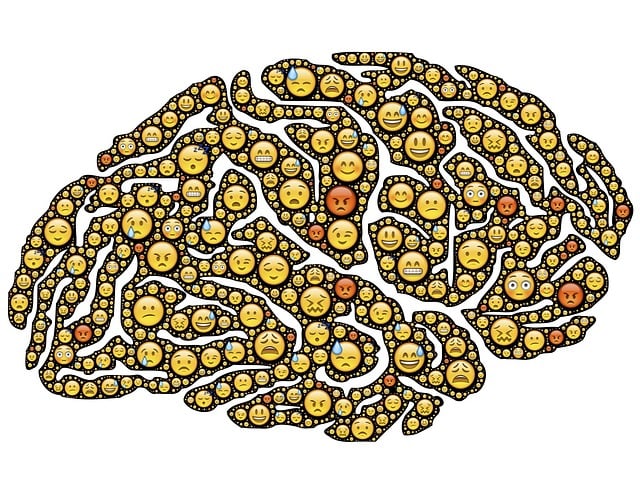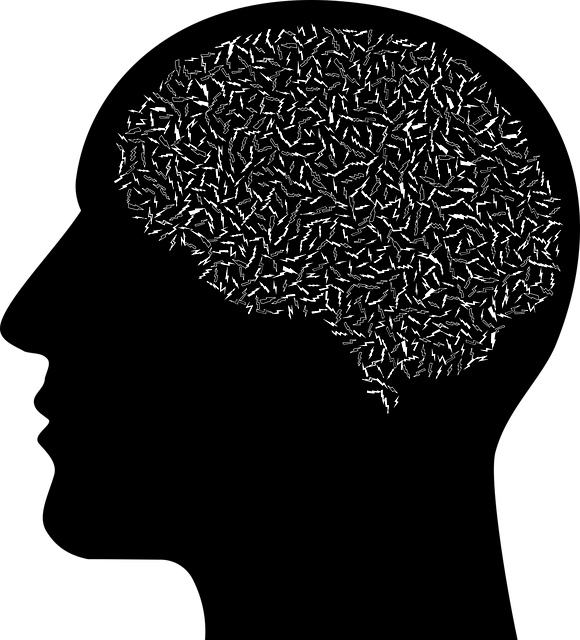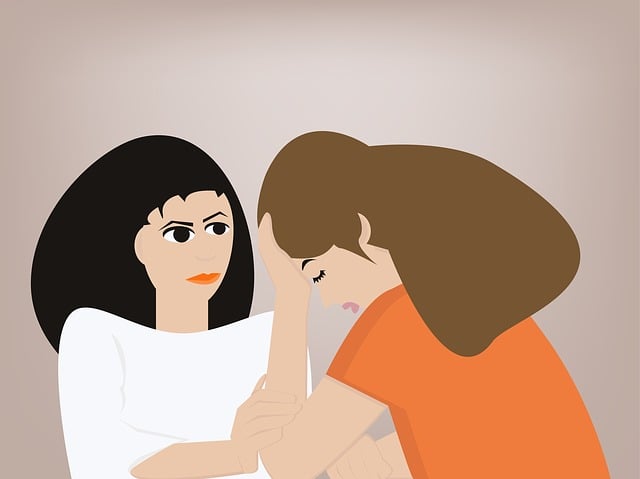Aurora Mindfulness Therapy offers a novel approach to mental health support by combining traditional risk assessment with innovative mindfulness techniques. This method cultivates inner strength, considers individual experiences and vulnerabilities, and emphasizes proactive intervention through mindfulness practices. By implementing Harm Minimization Strategies, therapists equip clients with long-lasting coping mechanisms for managing stress, anxiety, and triggers. Aurora's robust risk management plan prioritizes safety through meticulous assessment, mitigation strategies, and regular reviews, fostering a dynamic and effective environment for emotional well-being.
Risk assessment and harm minimization are essential components of therapeutic practice, ensuring client safety and ethical conduct. This article explores these critical aspects through the lens of Aurora Mindfulness Therapy’s unique approach. We’ll delve into understanding risk assessment in therapy, uncovering practical harm minimization strategies for therapists, and providing a step-by-step guide to implementing effective risk management plans. By embracing these tools, therapists can enhance their practice, fostering safer and more supportive therapeutic environments.
- Understanding Risk Assessment in Therapy: The Aurora Approach
- Harm Minimization Strategies: Practical Tools for Therapists
- Implementing a Comprehensive Risk Management Plan: A Step-by-Step Guide
Understanding Risk Assessment in Therapy: The Aurora Approach

In the realm of therapy and mental health support, risk assessment plays a pivotal role in ensuring client safety and fostering positive outcomes. Aurora Mindfulness Therapy has pioneered an innovative approach to risk assessment, focusing not just on identifying potential hazards but also on cultivating inner strength for prevention and harm minimization. This method goes beyond traditional assessments by considering the intricate interplay between individual experiences, emotional vulnerabilities, and contextual factors that contribute to mental health risks.
The Aurora Approach emphasizes the importance of proactive intervention rather than reactive measures. By integrating mindfulness techniques into risk assessment processes, therapists can empower clients to develop coping strategies for managing stress, anxiety, and potential triggers. This holistic perspective not only aids in depression prevention and burnout prevention but also fosters inner strength development, enabling individuals to navigate life’s challenges with resilience and adaptability.
Harm Minimization Strategies: Practical Tools for Therapists

Harm Minimization Strategies offer therapists practical tools to support clients’ mental wellness and foster empathy building within therapeutic contexts. These strategies are designed to help individuals navigate challenging situations with resilience, particularly when facing difficult life events or emotional distress. At Aurora Mindfulness Therapy, we emphasize the importance of tailored interventions that cater to each client’s unique needs.
By incorporating effective Harm Minimization Techniques, therapists can assist clients in developing coping mechanisms for managing stress and mitigating potential harm. This involves teaching mindfulness practices, cognitive reframing, and emotion regulation skills, enabling individuals to respond adaptively to stressful situations. Such approaches not only promote mental wellness but also empower clients with long-lasting strategies to navigate life’s challenges, fostering a sense of empowerment and self-efficacy.
Implementing a Comprehensive Risk Management Plan: A Step-by-Step Guide

Implementing a comprehensive risk management plan is essential for any organization aiming to foster emotional well-being promotion techniques and ensure the safety of its members or clients, especially in settings like Aurora Mindfulness Therapy. Here’s a step-by-step guide to help you navigate this process effectively:
Start by conducting a thorough risk assessment, identifying potential hazards and their impacts. This involves analyzing various aspects such as environment, activities, and participant demographics. Next, prioritize risks based on likelihood and severity, enabling you to focus on the most pressing issues. Develop strategies to eliminate or reduce high-risk areas, leveraging conflict resolution techniques where necessary. Implement control measures like training staff in crisis intervention guidance to handle unexpected events promptly. Regularly review and update your plan, ensuring it remains adaptable and relevant, especially as new challenges emerge.
Risk assessment and harm minimization planning are essential components of effective therapy, as highlighted by the Aurora Mindfulness Therapy approach. By understanding the potential risks and implementing practical strategies, therapists can ensure a safer and more supportive environment for their clients. The step-by-step guide provided offers a comprehensive framework to manage these processes efficiently. Through adopting these practices, therapists can enhance their ability to navigate complex situations, ultimately fostering better outcomes for their patients.














